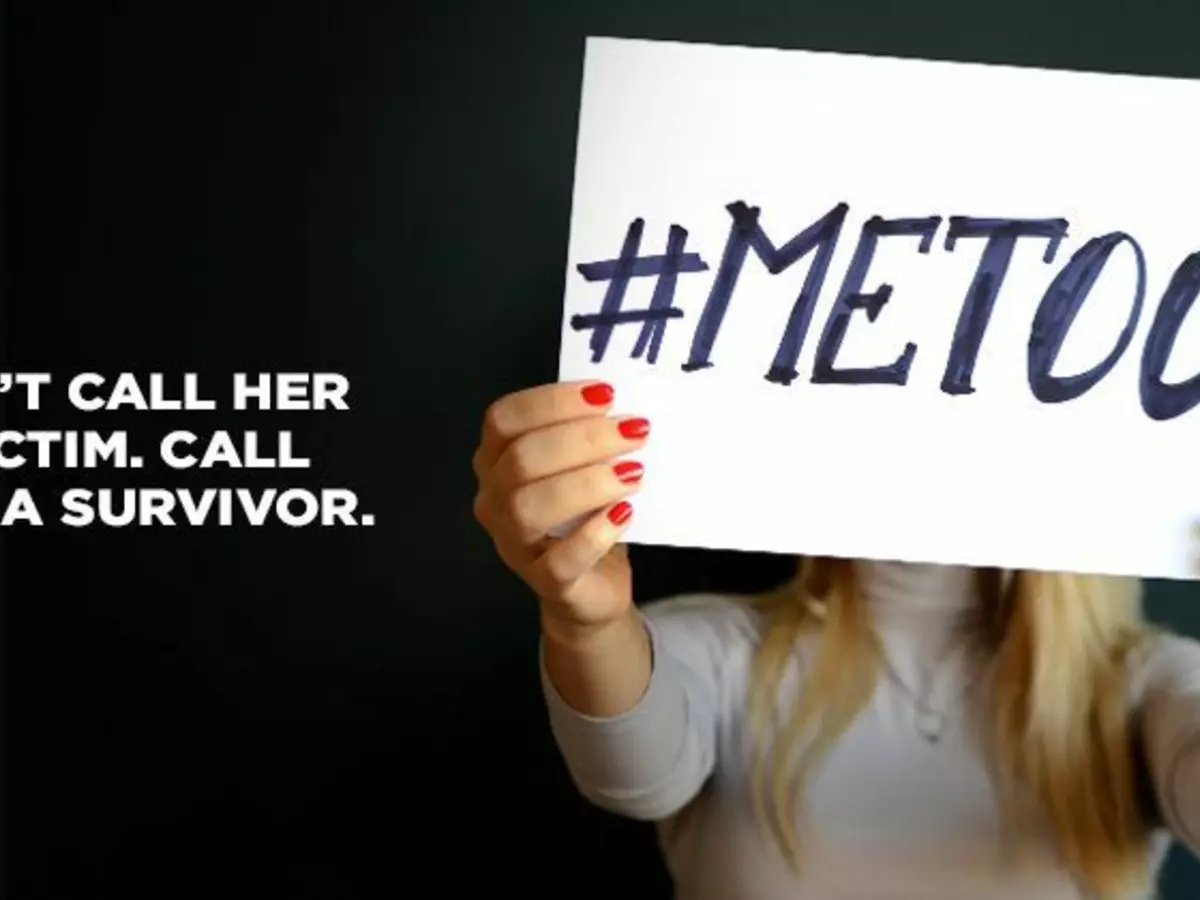How To Respond When Someone Tells You Their #MeToo Story
India witnessed its own #MeToo movement in last four days and I want to congratulate each one of you that finally #TimesUp Women are calling out their sexual predators naming and shaming them openly on social media platforms. It has taken years for women to just speak up about their issues and we need to handle it carefully.

India witnessed its own #MeToo movement in last four days and I want to congratulate each one of you that finally #TimesUp. Women are calling out their sexual predators, naming and shaming them openly on social media platforms and sharing their sexual assault stories.
It has taken years for women to just speak up about their issues and we need to handle it carefully. By speaking up, I don¡¯t just mean on social media, but sharing their harrowing experiences, online or in-person. While some women are calling out their assaulter openly, some are choosing to stay anonymous.

Unsplash
In the light of the current events, I spoke to my peers and realised that #MeToo movement is not just a social media movement. It¡¯s a lot more than that. A lot of women have come forward and shared their stories with a friend, a family member or anyone who they trusted. If a woman isn¡¯t outing someone on social media, it doesn¡¯t mean that she¡¯s NOT speaking up. Rather, she¡¯s choosing who she wants to speak to and so, if you're someone who is at the receiving end, here¡¯s how you should respond when someone tells you their #MeToo story.
1. Listen; just listen patiently, without asking any questions.
2. Once the survivor has completed telling you her story, don¡¯t shoot questions at her. Rather, tell her that you¡¯re sorry about what happened to her and that you empathise with her. Tell her you believe her.

unsplash
3. Encourage the survivor to report her assaulter but don¡¯t push her. Tell her that it isn¡¯t her fault and she shouldn¡¯t feel guilty about another man¡¯s actions.
4. Be calm and composed during the entire conversation. Tell her that you care and that you're there for her if she needs anything at all.

unsplash
5. Don¡¯t pass any judgement on the survivor¡¯s actions. Don¡¯t say things like, ¡°Why didn¡¯t you do X or why did you do Y?¡±
6. Don¡¯t victim blame her. Don¡¯t assassinate her character.

unsplash
7. Check up on her every few weeks. Ask her how she's doing but don¡¯t straightaway jump to the incident.
8. A lot of survivors suffer from PTSD (Post-Traumatic Stress Disorder), hence, ask her if she wants to see a therapist or a doctor. Again, ask her and don¡¯t force her to go to one.

unsplash
9. If she wants to take an action against her assaulter, help her research with the necessary plan of action. Accompany her during her fight and don¡¯t walk out in the middle.
10. Respect her privacy and don¡¯t share her story with anyone if she doesn¡¯t want you to.

unsplash
11. Don¡¯t pity her and her situation. Don¡¯t call her a victim but a survivor.
